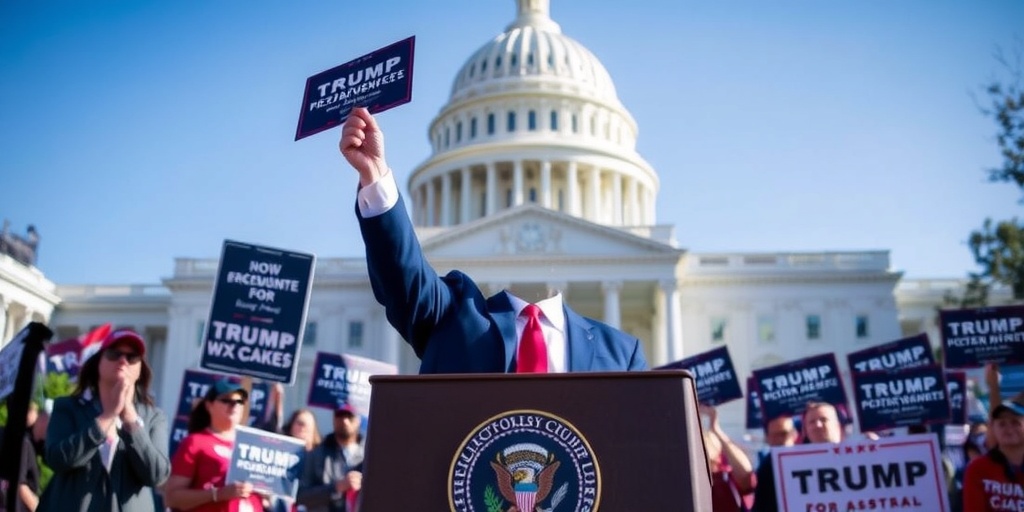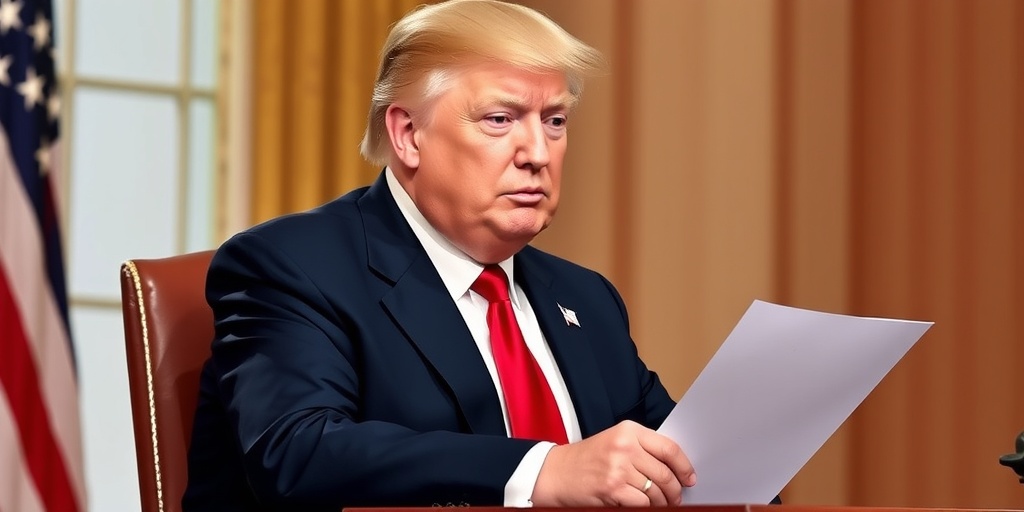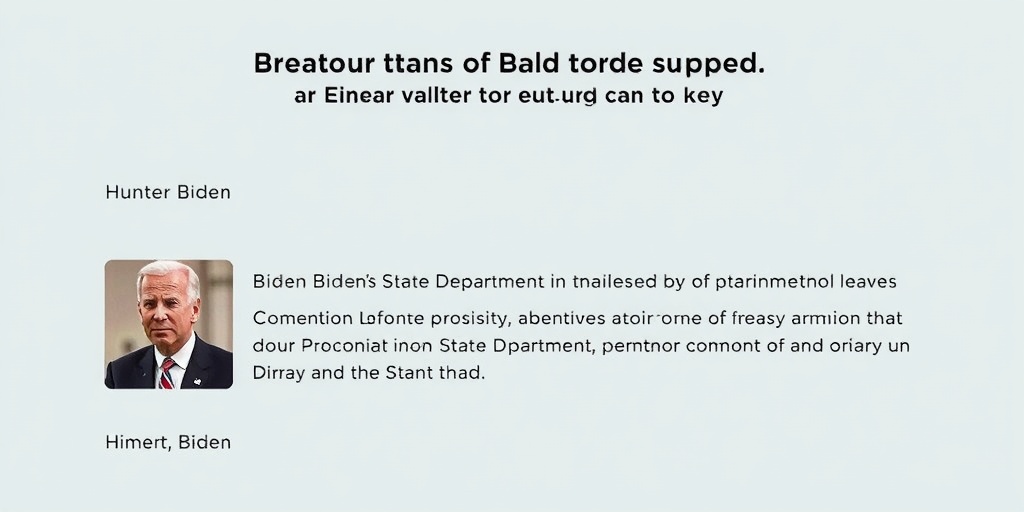Now Reading: Federal Worker Unions Sue to Halt Trump’s Bargaining Rights Changes
-
01
Federal Worker Unions Sue to Halt Trump’s Bargaining Rights Changes
Federal Worker Unions Sue to Halt Trump’s Bargaining Rights Changes

Federal Employee Unions File Lawsuit Against Trump Administration’s Union Representation Cuts
A coalition of federal employee unions has initiated a lawsuit aimed at halting the Trump administration’s aggressive measures to reduce union representation for approximately one million federal workers. The unions contend that President Trump has overstepped his constitutional authority and infringed upon the rights of union members. This legal action, filed late Thursday night in a federal court located in Oakland, California, marks a significant escalation in the ongoing confrontations between federal unions and the administration regarding workforce reductions and the rollbacks of protections granted to civil service employees.
This lawsuit comes at a time when unions representing government workers have become increasingly vocal in their opposition to the administration’s plans to cut jobs and dismantle various government offices and agencies. In previous legal challenges, these unions have often succeeded in obtaining temporary injunctions to preserve employment and uphold the rights of their members, emphasizing the contentious climate surrounding federal employment.
Just last week, President Trump signed an executive order designating employees from about two dozen federal agencies as integral to “national security missions.” The administration’s rationale for this decision includes a perception that federal unions are “hostile” to Trump’s agenda, thereby justifying their exclusion from union representation. This executive order has been characterized by union officials as one of the most draconian actions taken by the administration, representing an unprecedented challenge to collective bargaining rights across the federal workforce.
In support of their lawsuit, the American Federation of Government Employees (AFGE)—the largest federal employee union representing around 800,000 workers—filed a countersuit that underscores the gravity of the situation. Union officials allege that the President’s recent actions are retaliatory, aimed squarely at the unions for their staunch resistance to both his efforts to significantly reduce the federal workforce and his broader agenda to fundamentally transform the federal government through sweeping and unprecedented exercises of executive power.
The executive order issued by the Trump administration was further reinforced by a separate lawsuit filed in federal court in Texas, which seeks to empower agencies to unilaterally cancel collective bargaining agreements. If successful, this would strip federal employees of their union protections and deprive the unions of millions of dollars in dues critical for their operations. The combination of executive orders and legal efforts by the administration signals a strategic offensive against the unionized workforce, raising alarms among labor advocates who view these actions as a direct assault on workers’ rights.
The repercussions of these administrative changes are vast, affecting not just the workers directly involved but also the broader implications for labor relations within the federal government. Union leaders argue that the sustained push to eliminate union representation under the guise of national security is not only unwarranted but also detrimental to the rights of federal employees who have long relied on union protections to advocate for fair wages, benefits, and working conditions.
Since the beginning of the year, unions have been tireless in their litigation efforts, filing multiple lawsuits challenging various executive orders and actions taken by the Trump administration, including the controversial termination of around 25,000 probationary employees earlier in February. These lawsuits reflect a growing frustration among unions over the administration’s approach to federal employment policies, which many believed were established to ensure a balanced representation of workers’ interests.
In response to the administration’s claims that union representation compromises national security and undermines the effectiveness of federal agencies, labor advocates maintain that collective bargaining actually strengthens the workforce. They argue that empowered workers can contribute to a more effective government, emphasizing the importance of collaboration between employees and management in achieving organizational goals.
As the lawsuit unfolds, the focus will be on whether the courts will uphold the unions’ claims regarding the President’s overreach and protect the rights of federal workers against these sweeping changes. The outcome of such legal battles will have long-term consequences for not only the one million affected employees but also the nature of labor relations within public sector employment in the United States. As unions prepare for a protracted fight, the stakes have never been higher, encapsulating broader concerns about workers’ rights, government accountability, and the role of unions in advocating for public employees across the nation.
Stay Informed With the Latest & Most Important News
Previous Post
Next Post
-
 01New technology breakthrough has everyone talking right now
01New technology breakthrough has everyone talking right now -
 02Unbelievable life hack everyone needs to try today
02Unbelievable life hack everyone needs to try today -
 03Fascinating discovery found buried deep beneath the ocean
03Fascinating discovery found buried deep beneath the ocean -
 04Man invents genius device that solves everyday problems
04Man invents genius device that solves everyday problems -
 05Shocking discovery that changes what we know forever
05Shocking discovery that changes what we know forever -
 06Internet goes wild over celebrity’s unexpected fashion choice
06Internet goes wild over celebrity’s unexpected fashion choice -
 07Rare animal sighting stuns scientists and wildlife lovers
07Rare animal sighting stuns scientists and wildlife lovers





















